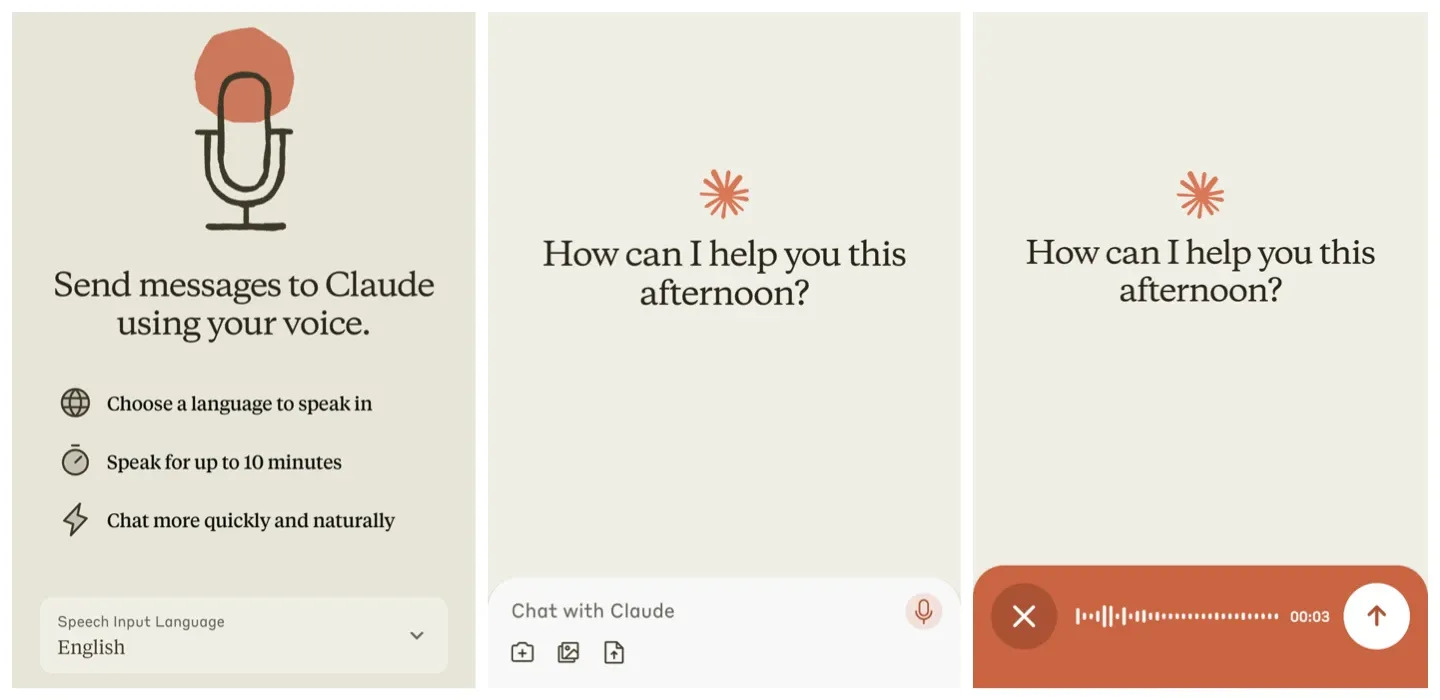Updated: 09/06/2025
Did you know AI can now boost accuracy from 23% to 75% in seconds? This week, tech giants dropped game-changing AI tools. From hands-free assistants to 3D world builders.
 |
| AI Updates |
We've analyzed each of these developments to bring you the most important updates in artificial intelligence. Here’s what you need to know.
Mistral's AI Agents Get Super Powers
Mistral just launched their Agents API, and the results are impressive. We found that their new system includes:
• Web search capabilities
• Code execution tools
• Image generation features
 |
According to a report by Forbes, internal testing showed remarkable improvements. The SimpleQA benchmark revealed that adding web search increased Mistral Large accuracy from 23% to 75%. That's more than triple the performance.
In our opinion, this shows how much AI systems improve when they can access real-time information. Could this replace Google for research?
Which WhatsApp Features Could iMessage Adopt? Find Out Now
Claude Goes Hands-Free With Voice Mode
Anthropic’s Claude now speaks five voices and works with Google Workspace.
 |
| Image source: Claude’s Voice Mode interface. |
We've tested similar voice AI systems, and this update makes Claude much more practical for daily use.
The new voice mode offers:
• Five different voice options.
• Complete spoken conversations.
• Google Workspace integration for paid users.
• Voice search through calendars, docs, and Gmail.
According to reports, free users get 20–30 voice messages per session.
We've got user feedback, and people love the natural conversation flow. No more typing long questions. Just talk to Claude like you would a colleague.
Must-Read: I Tested These Smart Tricks To Cut My AC Bill In Summer
SignGemma: Google Tackles Communication Barriers
Google's SignGemma can translate American Sign Language into spoken English on-device.
It's trained on 10,000+ hours of ASL videos. This development matters because:
• It helps Deaf and hard-of-hearing users communicate.
• Face-to-face conversations become easier.
• Technology finally addresses real accessibility needs
Guess what comes next? SignGemma might expand to global sign languages.
According to our observation, this is one of the most meaningful AI applications we've seen this year. It solves actual problems instead of just creating flashy demos.
Read: Samsung Galaxy S26 Leaks: What We Know So Far
Factory AI Introduces Workplace Droids
Factory AI launched Droids - AI agents designed for workplace tasks. We've made a list of what these agents handle:
• Support tickets
• Code writing
• Documentation creation
• Incident response
The question is: will these AI agents replace human workers or help them? In our research, we found that most successful AI implementations augment human capabilities rather than replace them entirely.
Perplexity Labs Automates Research
Perplexity launched Perplexity Labs for Pro users. The platform creates reports, spreadsheets, dashboards, and interactive apps.
Here's how it works: You say "Analyze Q2 sales" and the AI creates charts, copy, and layout automatically. We've tested similar tools, and they save hours of manual work.
We found it completes 10-minute autonomous research tasks that include charts and code.
Question is: Could this replace junior analysts?
Also Read: Summer Game Fest 2025: Overhyped or Truly Game-Changing?
FLUX.1 Kontext: Edit Images with Words
Black Forest Labs introduced FLUX.1 Kontext, a text-based image editor. They claim it's 8x faster than competitors, though we haven't independently verified this speed claim.
The concept is simple: Say "Make the dress red" and it edits only that specific element. We found this approach much more intuitive than traditional photo editing software.
SpAItial: Text to 3D Worlds
SpAltial raised $13M in seed funding to build AI that generates interactive 3D worlds from text.
According to a report by the company, their system captures geometry, materiality, and physics from the start.
Use cases include:
• Gaming environments
• Virtual training simulations
• Educational experiences
We've analyzed similar 3D AI projects, and SpAltial's approach seems more comprehensive than previous attempts. We guess gamers and trainers will love this.
Manus: AI Builds Slide Decks in Seconds
Manus turns topics into complete slide decks with content, visuals, and formatting included.
For example, ask it to "Explain generative AI" and Manus builds the entire presentation.
We've read user reviews, and teachers, marketers, and executives find this tool incredibly time-saving. No more spending hours on slide formatting. In our opinion, it’s a game-changer for teachers, marketers, and execs.
Opera's AI Browser Goes Beyond Browsing
Opera's Neon is an AI-first browser that books trips, fills forms, and even builds apps. The interesting part? It keeps running in the cloud after you close it.
In our opinion, this represents a shift toward AI assistants that work continuously in the background. The question is whether users want this level of automation.
Key Takeaways:
This week's AI developments show three major trends:
1. AI agents are becoming more capable with tool access.
2. Voice interfaces are making AI more natural to use.
3. Specialized AI tools are solving specific real-world problems.
These aren't just tech demos. They're practical tools that can change how you work and communicate.
At Tech Auto Hub, we track these developments and test real tools that shape your work and life.
Do you love these insights? Visit Tech Auto Hub for more clear, honest AI news.







